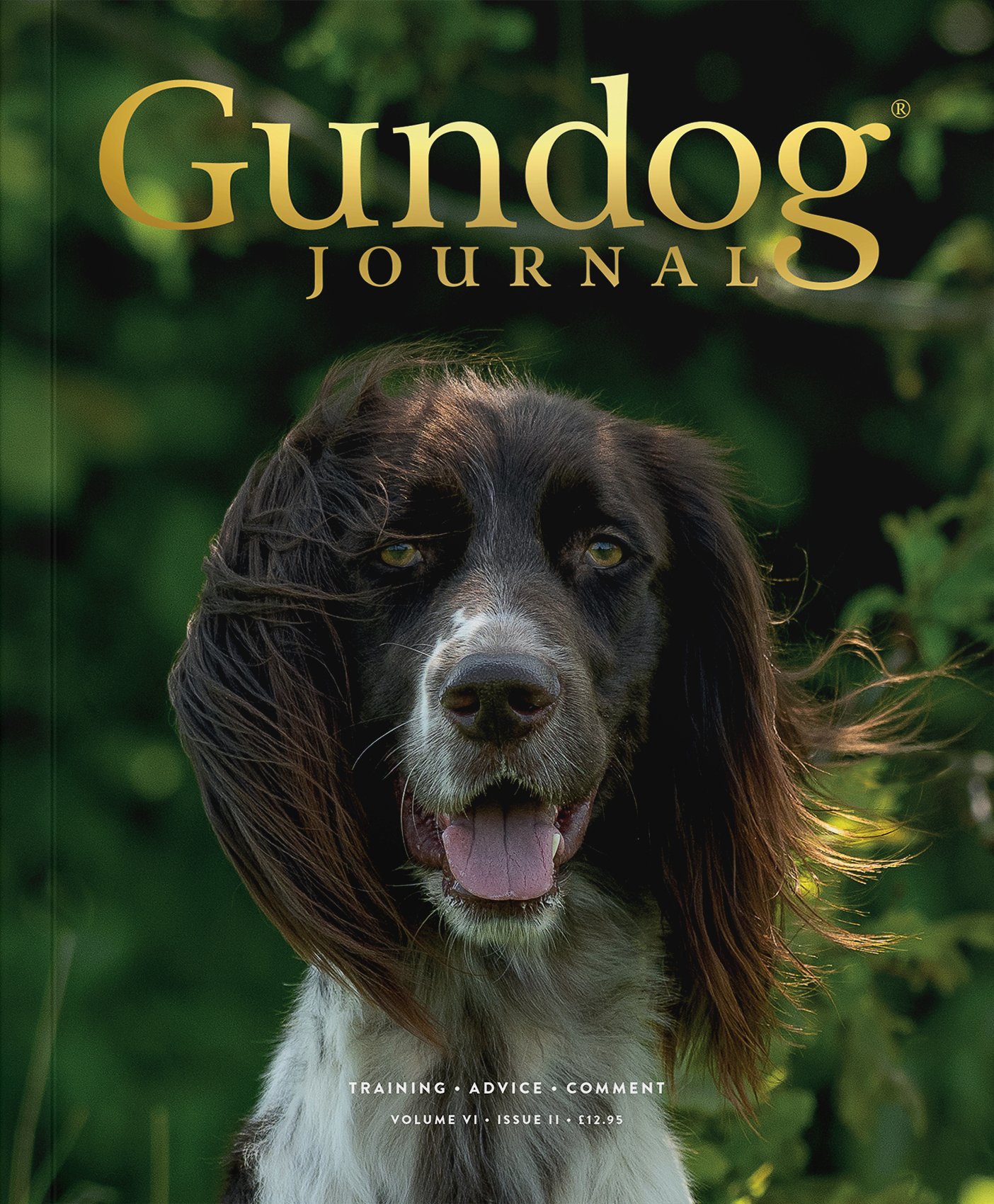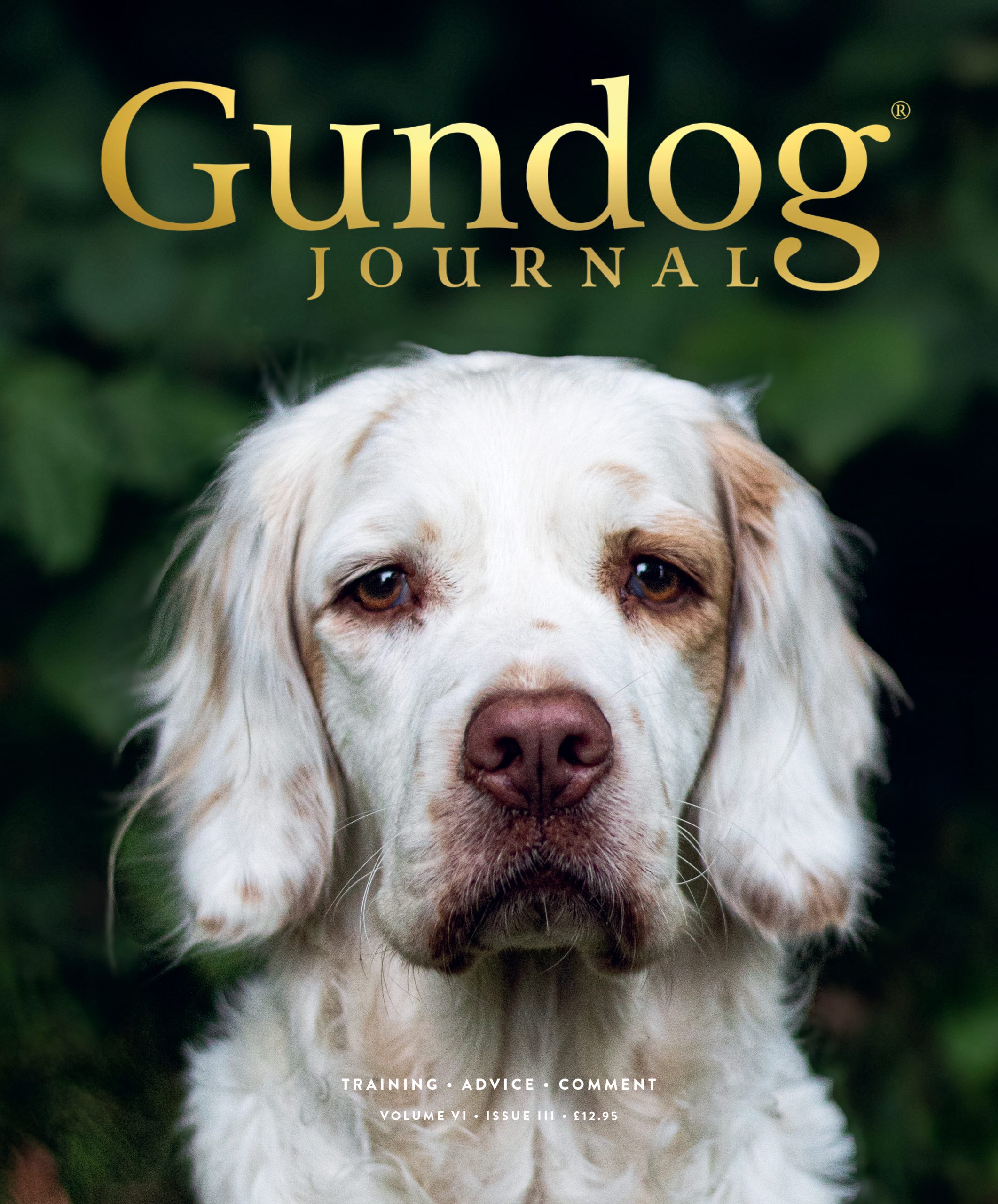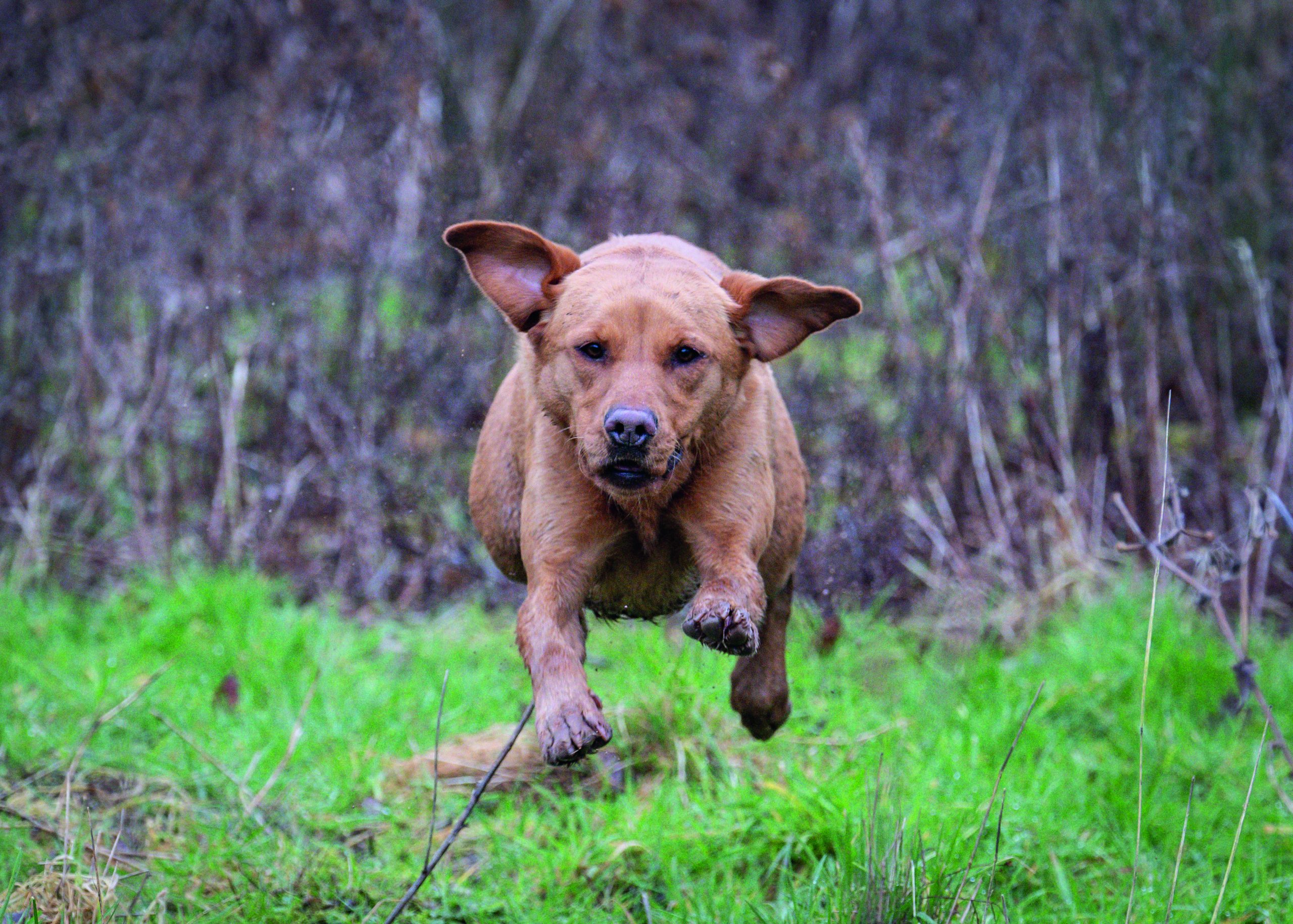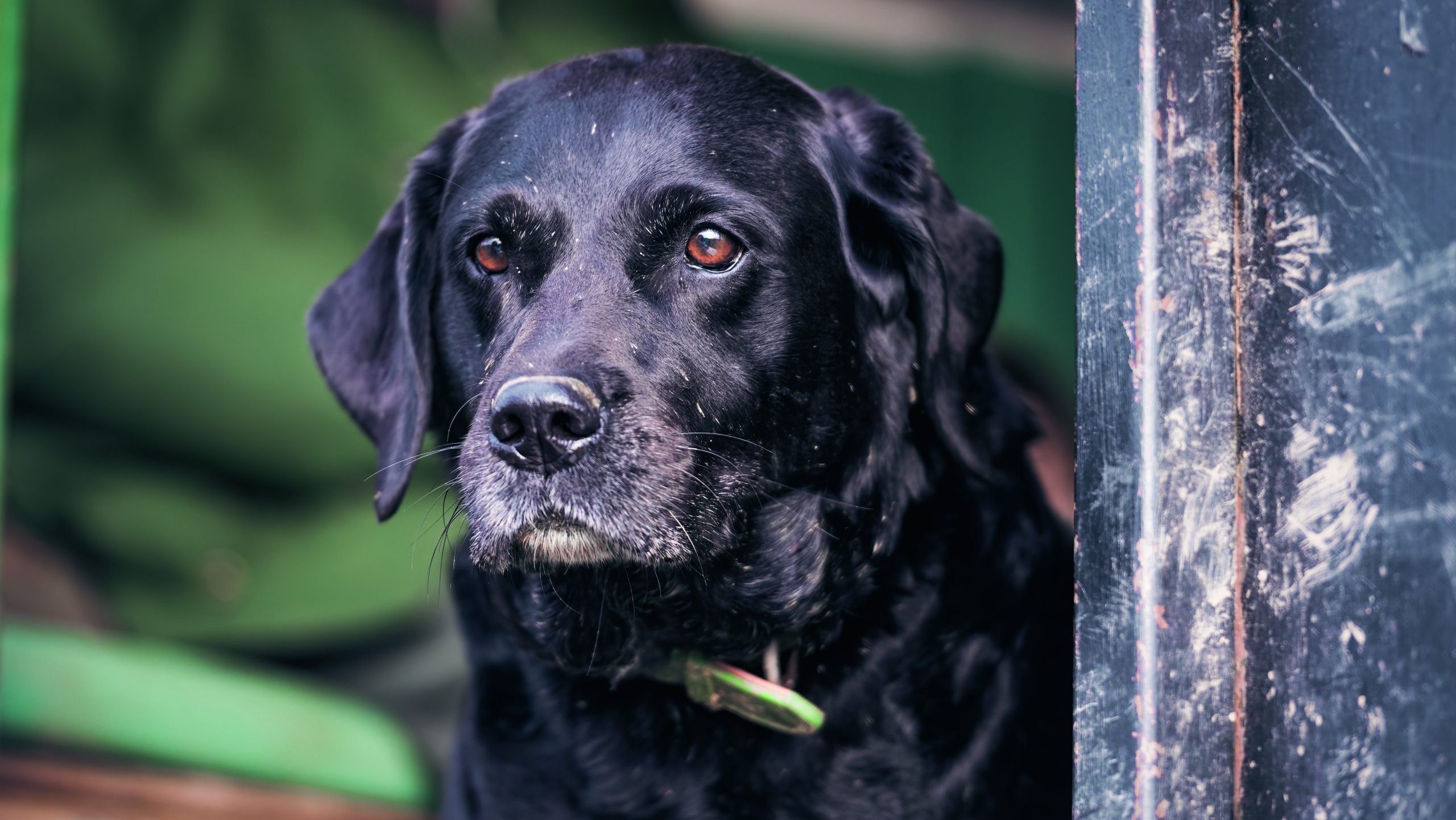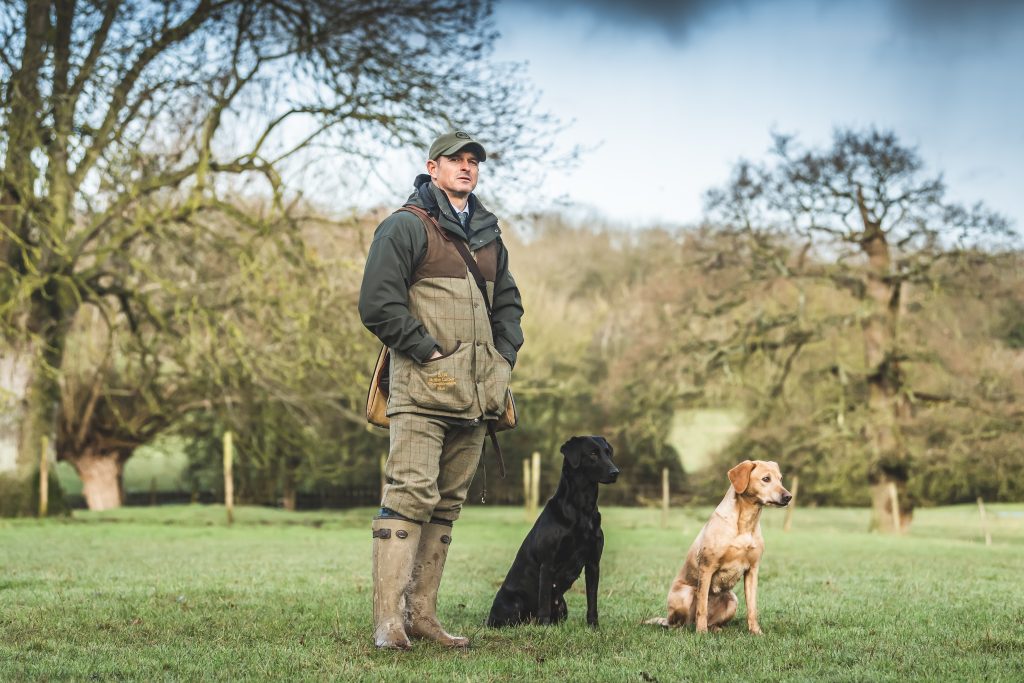Scottish HPR Team Prepares for HPR Home Internationals at The Game Fair
Preparing for the HPR Home Internationals, taking place at the Game Fair in July, requires dedication and a different training approach. Scottish HPR team captain Katrina Wilkinson talks us through the work her team has been doing in readiness for the event
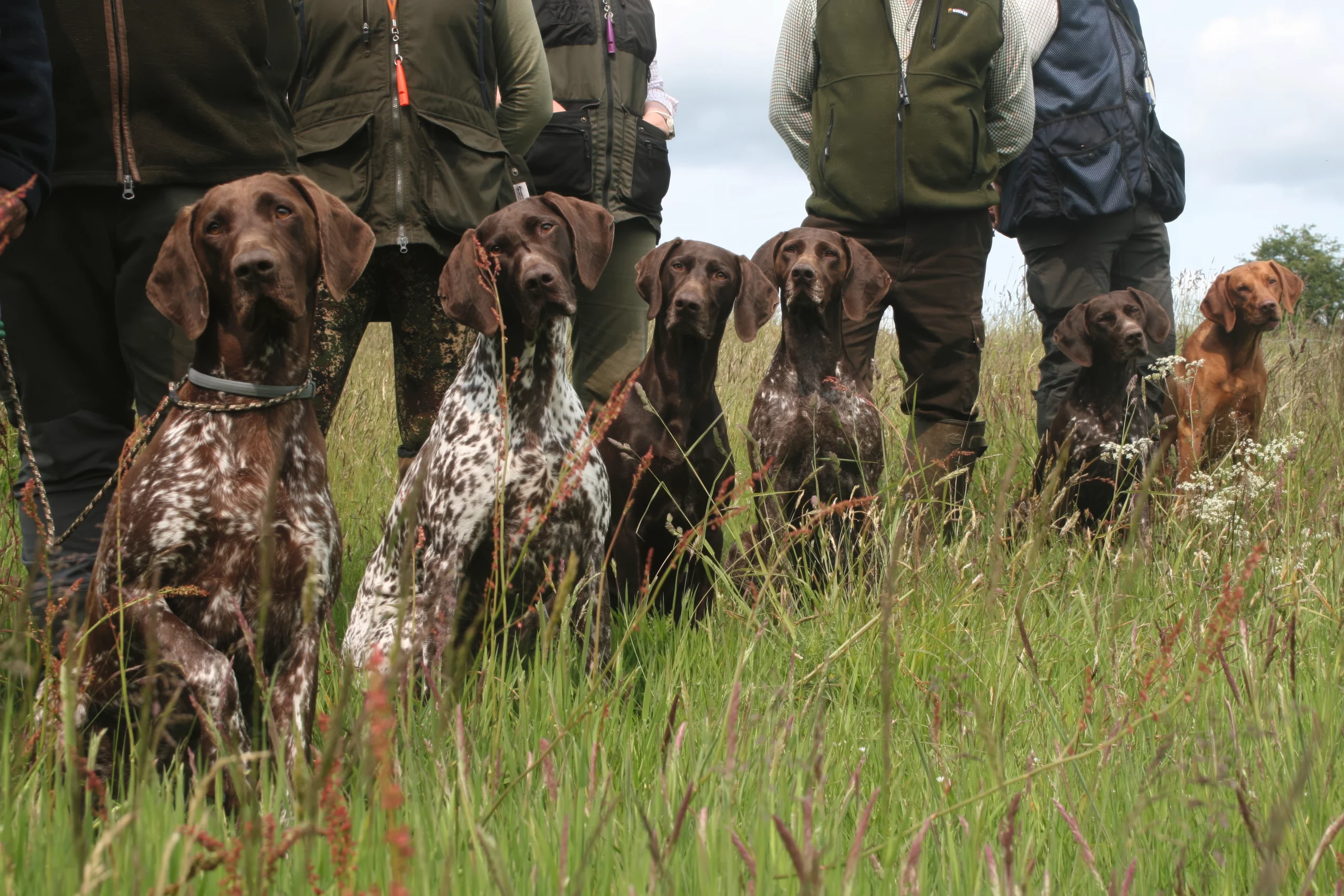
This July, the HPR Home Internationals return to The Game Fair at Ragley Hall. Teams from across the UK will showcase their skills, with Scotland’s HPR team working hard to prepare for the challenge.
How Scotland’s HPR team prepared
In the months before Ragley, the Scottish handlers refined their training plans. Each dog faced tailored exercises designed to sharpen steadiness, obedience and confidence. The focus was not only on technical skills but also on handling pressure in a competition environment.
The team concentrated on reliable obedience, polished retrieves and tight hunting patterns. Drills included directional work on blinds, delivery to hand, and hunting within range. Consistency was key, with handlers repeating simple but vital exercises.
Managing distractions in high-pressure environments
The Game Fair brings noise, crowds and distractions. To prepare, dogs were trained in busy settings to build focus and steadiness. Handlers introduced controlled distractions, teaching dogs to stay calm and responsive even when the atmosphere was testing.
The HPR Home Internationals are about more than individual performance. Teamwork between handlers and dogs is crucial. Scotland’s squad emphasised communication, mutual support and calm handling to ensure each dog performed to its best ability.
Looking ahead to Ragley and beyond
As Ragley approaches, the Scottish HPR team stands ready to test its training. Win or lose, the preparation has strengthened the bond between dog and handler. It has also shown how consistent, thoughtful training can bring out the best in working gundogs.
Related Articles
Get the latest news delivered direct to your door
Subscribe to Gundog Journal
Unlock the full potential of your working dog with a subscription to Gundog Journal, the UK’s only dedicated magazine for gundog enthusiasts. Published bi-monthly, this authoritative resource delivers expert training advice, in-depth interviews with top trainers and veterinary guidance to help you nurture a stronger bond with your dog.
With stunning photography and thought-provoking content, Gundog Journal is your essential guide to understanding, training and celebrating your working dog.
Save 10% on shop price when you subscribe, with a choice of packages that work for you. Choose from Print & Digital or Digital only with each journal delivered directly to your door or via the app every other month, plus access to past issues with the digital back issue library.
